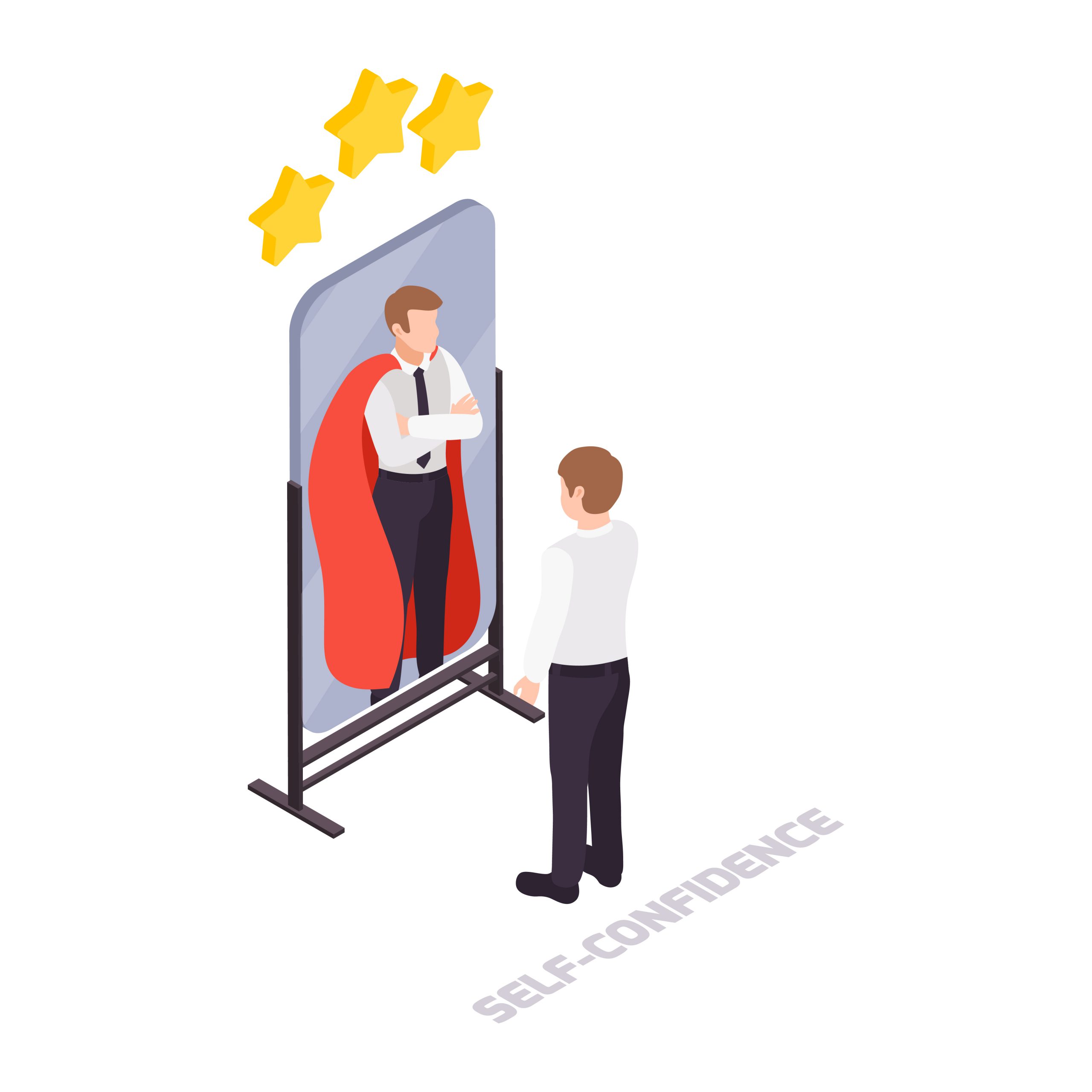Five Ways Debate Promotes Lifelong Learning



1.Taking charge of your education
The stereotypical image of education is of a lecturing teacher droning on while silent, note-taking students struggling to fight off sleep. Students and teachers alike complain about this way of doing things. But there’s really nothing “traditional” about this rote model of learning at all. Going all the way back to ancient Greece and in many other cultures, active discussion and debate-based learning were key components of education for all ages. In debate, the goal isn’t to mimic or reproduce your own version of a model ideal; rather it’s to always be questioning and criticising everything.
Some debates involve research. It may seem like what you’re going to say in a speech totally depends which side you’re on, but you actually have a huge amount of freedom to create your own arguments, choosing which specific lines of evidence to marshall, and what values to ground it all in.
Once you’ve gotten familiar with the topic, start narrowing your research by choosing a research question. Don’t worry about coming up with an “original” question that nobody’s written about before; chances are there’s been at least a couple of books or academic articles written that cover similar ground. That’s a good thing though, since it’s a sign you’ve asked an interesting question, and you’ll have plenty of sources to work with. Putting your own spin on a debate topic and developing the arguments you find compelling gives you a sense of ownership over the case. Sometimes you’ll find ways to support a side you totally disagreed with at first by using arguments you already believe in, and end up flipping the the debate on its head.



Teamwork
Everyone hates group projects. Somehow it’s a universal experience that everyone else is annoying, lazy, never does any work, and leaves everything for one person to complete at the last minute. But in debate there’s no blaming someone else when it’s your turn to give a speech, so you have to learn to work with your partners. That means being supportive but critical, hyping each other up but being frank about what you can each do differently in the next round. But teamwork starts well before the round does. Some debate styles, like British Parliamentary, are impromptu, meaning that you don’t know the topic beforehand, have limited amount of time to prepare (15 to 30 minutes on the low end, and a full hour in some formats), are only allowed to communicate with your partner, and cannot use the internet for research.
Good teamwork under that kind of pressure helps you learn how to build off each other’s ideas, delegate effectively, and trust your teammates while being prepared to cover for any mistakes in your own speech. These fast-paced styles also help build your interpersonal communication skills, since debaters often have to adjust and update their speeches during rounds in response to the other team.
Other debate styles, like Public Forum, are prepared and require research, sometimes including cited evidence. These styles give debaters up to multiple weeks or a full month to prepare cases, write speeches, and practice. This means teams have to delegate work and keep each other accountable. Neither partner can build a winning case on their own, and everyone on a team needs to know their cases inside and out.
3. Critical thinking and reading
Another skill that debate promotes is concise, efficient note taking. This may seem obvious, but consistently taking notes as you go is one of the most important ways to direct your own education. The last thing you want is to find a promising source or detail only to lose the source for it later, or to realize you’ve just spent an hour combing through a source you’d already checked, or to have a breakthrough insight just to forget it later. Debate rounds are fast-paced, so if you’re not actively listening and taking succinct notes you risk missing a key opportunity or misunderstanding your opponent’s argument. Debaters have to jump from one line of thought to another smoothly and without pausing to re-read an article or book chapter. So just like listening to a speech, if you’re reading without notetaking (or at least highlighting), you’re going to forget the important details soon after reading them.


Researching and evaluating evidence for a prepared debate is a great way to strengthen your critical thinking and reading skills. Since you have to debate both sides of a prepared topic you’ll become familiar with the strengths and weaknesses of each side, including the sometimes subtle biases or limitations of each piece of evidence. This is a key component of becoming media literate; in other words, knowing how to get useful information from the media without taking anything — from any source — at face value. Preparing criticism of the evidence in your own case is another crucial way to get ready for a debate, and it helps develop your critical writing skills. It’s customary in some types of essay, for example, for the author to include counter-arguments to their own ideas which may be raised to disprove or minimize their main thesis.
This sets up the author’s responses which variously rebut some criticism outright and accept limited versions of others as part of the scope of their arguments. Debate pushes you to develop these skills even further, since you learn to prepare responses, counter-responses, counter-counters, and so on. In Public Forum, for example, the same topic is debated in each round of multiple tournaments across several weeks, so savvy teams will update their cases from round to round as new arguments are developed, new evidence is uncovered, and holes are poked in even the most well supported cases.

4. Creative thinking
Debate obviously requires logical argumentation and thorough research, but it also helps develop and refine creativity. Sometimes you have to come up with a new detailed argument after the most obvious or most easily proven arguments have already been taken. For example, in British Parliamentary style four teams debate on two sides: Opening Government, Opening Opposition, Closing Government, and Closing Opposition. Each team is competing against the other three, but Opening halves and Closing halves on the same side can’t attack each other. Instead, they compete over the strongest argument in support of their side. Whereas the Opening halves usually present two or three arguments, the Closing teams usually present just one each. This is because the main role of Closing teams is to provide a novel argument that’s both completely independent of their front half’s arguments and provides some crucial new benefit for their side. With just fifteen minutes of prep time before each round, Closing teams must brainstorm multiple potential arguments that either go into deep specifics on a niche aspect of the motion that Opening are likely to miss, or open up new ground in the debate by connecting the topic to broader issues or ideas. Either option takes creative thinking about the potential consequences of a new policy, imaginative counter-examples, and using associative thinking to draw on less obvious implications and connections.

5. Confidence
Good leaders do a lot more than just giving rousing speeches, although they do have to give plenty of those. Like debaters, leaders have to take responsibility for some tasks and delegate others while continuously providing critical feedback and support. All four previous skills are crucial elements of leadership; leaders by definition need to set self-directed goals and question established thinking; they need to keep teams working cooperatively and handle any conflicts or miscommunication; they need to trust whoever work is delegated to while still keeping a critical edge when evaluating their results and other information; and they need to think creatively to see what others are missing, anticipate multiple potential options, and yes, give inspiring speeches.
The performance skills that debaters learn are critical to actually acting like a leader. These include:
- Remaining cool under pressure
- Speaking up during meetings
- Explaining complex ideas in straightforward terms
- Using humour and rhetoric to hold an audience’s attention

Taken together these skills are all about confidence which is essential to motivating others. It’s what makes the difference between management and leadership.
In debate, projecting confidence is almost as important as having logical arguments. If it sounds like you don’t really believe your own points, the judge is probably going to vote for the other team. Debaters also build confidence by learning to challenge their opponent’s arguments no matter how persuasive they sound. That doesn’t mean debate encourages overconfidence, however. Instead, debaters learn to balance confidence with self-reflection and critical thinking. That’s important for leaders too, because the last thing the world needs are more arrogant leaders without self-awareness.

